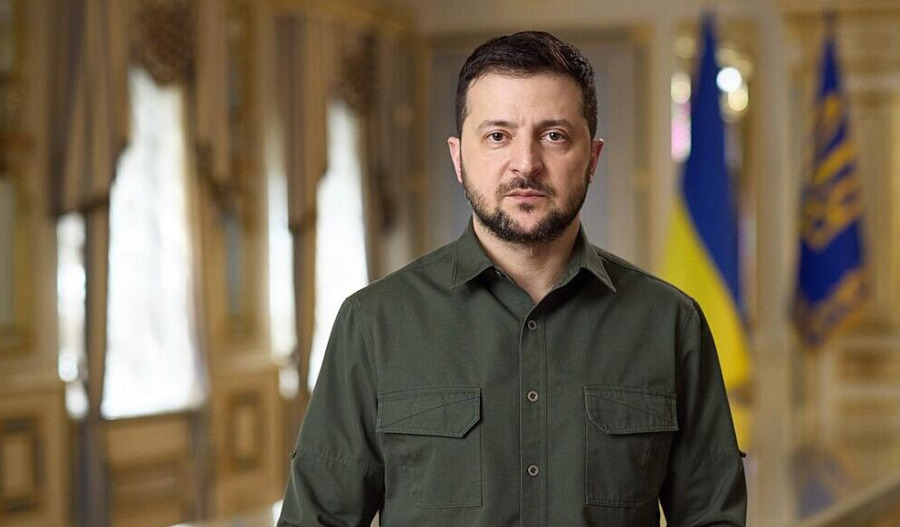Oil prices steadied during Asian deals on Wednesday after touching one-month lows in the previous session, as growing signs of progress in Ukraine’s peace talks with Russia prompted investors to reassess the outlook for global crude supply.
By 3:25 pm AEDT (4:25 am GMT), Brent crude futures rose 27 cents or 0.4% to $62.75 per barrel, while U.S. West Texas Intermediate gained 24 cents or 0.4% to $58.19 per barrel.
Both benchmarks had slipped 1.5% on Tuesday after Ukrainian President Volodymyr Zelenskyy told European leaders he was prepared to move ahead with a U.S.-backed framework aimed at ending the war with Russia, noting that only a few outstanding issues remained.
Analysts at ANZ said in a note to clients: "Reportedly, some of the more contentious issues are yet to be resolved. A White House spokesperson signalled optimism while warning that some details still need to be sorted.
"However, there has been little response from the Russian side. An end to the Russia-Ukraine war would have significant ramifications for the oil market. Russia is one of the world’s top oil producers, and its flows have been heavily sanctioned by the U.S., Europe and the UK.
"Whether a peace deal would result in more crude oil on the market is up for debate. China and India have been buying Russian crude oil over the past three years, keeping Russia’s oil exports relatively high. In the meantime, Russia and Ukraine continue to trade blows, increasingly focused on each other’s energy infrastructure.
"Drone attacks on Russia’s refineries have been hampering flows of refined fuels, sending prices surging in recent weeks."
U.S. President Donald Trump said he had instructed his representatives to meet separately with Russian President Vladimir Putin and Ukrainian officials. A Ukrainian official added that Zelenskyy could travel to the United States in the coming days to finalise a deal with Trump.
Western nations have intensified sanctions on Russia in recent weeks as part of a broader pressure campaign, while India’s purchases of Russian oil, a key outlet for Moscow’s exports, are set to fall to their lowest level in three years in December.
Offering additional support to crude prices, expectations have strengthened for the U.S. Federal Reserve to cut interest rates in December after recent data showed softer retail spending and easing inflation.
Any move to lower borrowing costs would likely stimulate economic activity and boost oil demand.



